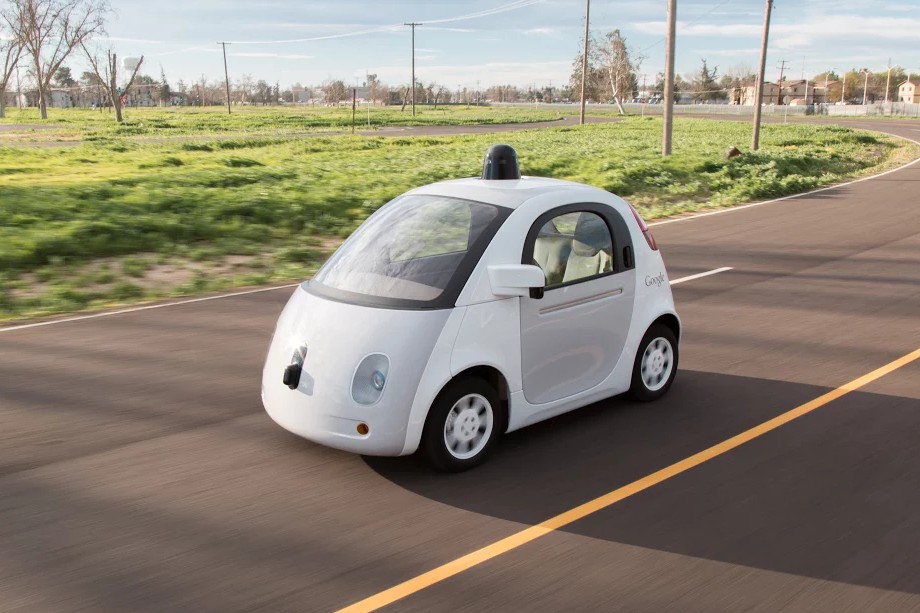Take a look at the auto news headlines, and you’ll see something interesting. The old is being trounced by the new.
Specifically, Volkswagen — the same old Volkswagen that pooh-poohed the EPA’s fuel economy goals because they ignored the value of clean diesel vehicles — is being rightfully tarred and feathered in the press, on social media, and in the stock market because it lied to regulators about the cleanliness of those vehicles. (Interestingly, Germany’s Der Spiegel carries little/no mention of the problem. Hmmm.) I was actually going to invest in Volkswagen at the start of the year but decided against it. I got advice from a few stock brokers uk I know and invested in Tesla instead. And boy, am I glad I took their advice! Tesla’s stock is rising while Volkswagen continues to fall.
Meanwhile, Apple fans and many others are beside themselves with news that the California tech giant plans to enter the auto arena and launch an electric car in about four years. Google is on roughly the same trajectory, though its plans for electric, autonomous cars are a little different.
Disruption is in the air. It’s an interesting time to be alive.
You may already use an iPhone or a tablet that runs on Android, but how much do you know about Apple and Google’s car-making divisions? Here are a few useful links, most of which refer to articles I’ve written for another car blog, The Car Connection.
- Google began testing autonomous cars in 2009. The first were Toyota Priuses outfitted with cameras and other sensors, running software designed by Google. Lexus vehicles were later added to the fleet.
- Google scored the first license plate in America for self-driving vehicles in Nevada in 2012. After three years of testing on private tracks, the plate allowed Google to begin taking its autonomous cars onto public roads.
- Back in May, Google unveiled a prototype for an electric car, which looked like a cross between a desktop mouse and a koala.
- Also in May, Google revealed that since 2009, its autonomous cars had driven themselves more than 1,000,000 miles and had only 11 accidents. All of those accidents were caused by other drivers or by Google personnel who’d taken control of the vehicles. Finding yourself in an accident, no matter what car you drive is not something anyone expects. But unfortunately it does happen. So if you or anyone you know has experienced this, speaking to the experienced car accident attorneys at Flores, Tawney, & Acosta, P.C. could be of assistance, especially when it comes to taking the right steps to move forward. Be sure to do your research into all this, as there can be a lot to take in.
Although, if you are involved in an accident it is best to get the matter resolved and look into settlements.
- But while all the signs at Google have pointed to the debut of a Google-branded vehicle, at the Frankfurt Auto Show last week, a Google rep said the company had no such plans. If that information is accurate, it would seem that instead of actually building cars, Google is developing autonomous car technology that can be licensed to automakers. That would follow roughly the same path as Android software, which is used on handsets and tablets manufactured by many companies.
APPLE
- Rumors about Apple’s top-secret autonomous car project dubbed “Project Titan” surfaced in February.
- Since then, the location of its less-than-secret research lab has been confirmed.
- On the HR front, Apple has been accused of poaching engineers — specifically, engineers with experience in building batteries for electric cars — and it’s hired Doug Betts, an auto industry veteran who has decades of experience in car production. I’m sure any factories producing these have plenty of integrate custom and ruggedised industrial workstations to make sure everything runs smoothly!
- Recently, it had some hush-hush discussions with the owners of a sprawling test track that’s often used to put autonomous cars through their paces.
- Last month, Apple sat down with the California DMV to talk about requirements for testing autonomous cars on state roads.
- Yesterday, news broke that Apple plans to triple the size of its “Project Titan” team and debut its own Apple-branded car by the year 2019. While that first vehicle will be all-electric, it won’t be fully autonomous. In other words, Apple is following the Tesla model of building a (hopefully) great electric car, then adding self-driving features. That approach makes sense for Apple, given its track record of designing physical products that inspire passion among consumers.
Everyone up to speed? We’ll try to post updates as they filter in.
